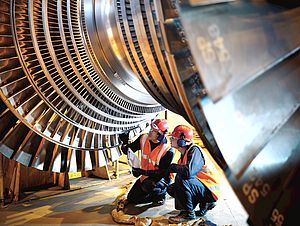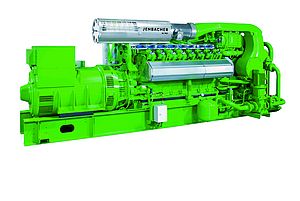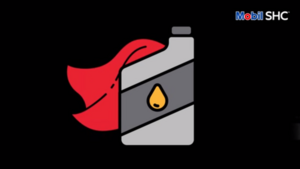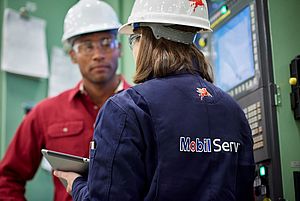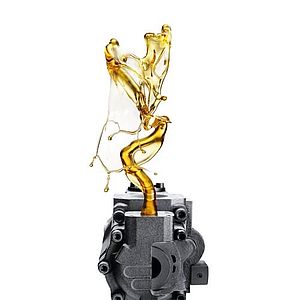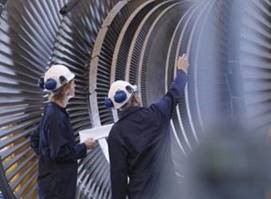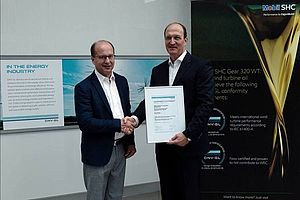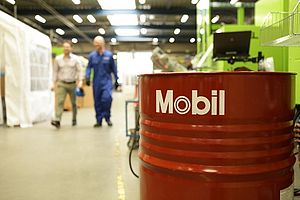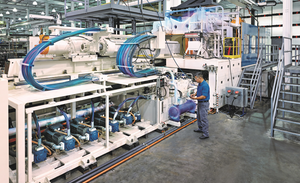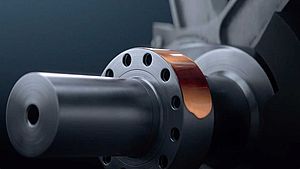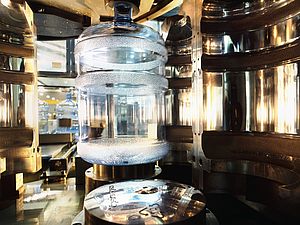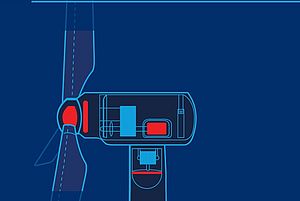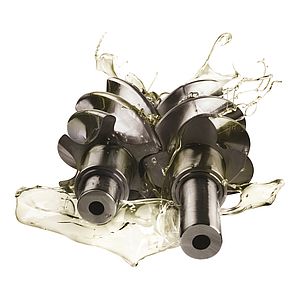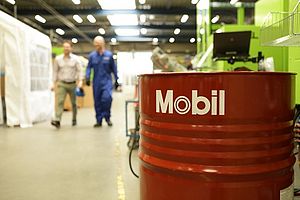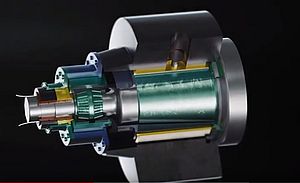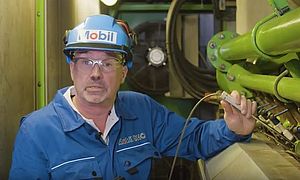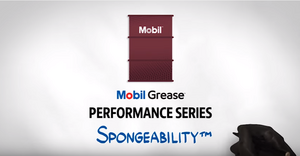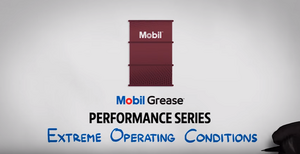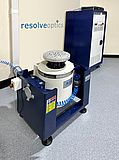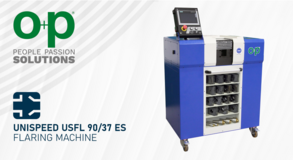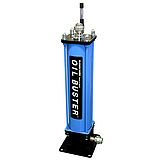Thanks to global demand and its status as the key product supplier for industries such as automotive, construction, transport and power, the steel industry is a cornerstone of the world economy. It directly employs around two million people and is the source of employment for more than 50 million people worldwide (World Steel Association).
Over the last decade, world crude steel production has increased from 851 megatonnes (Mt) in 2001 to 1,527 Mt in 2011 as the world average steel use per capita has steadily increased by 43.3% from 150 kg in 2001 to 215 kg in 2011 (World Steel Association).
With forecasters anticipating global apparent steel use to increase by 3.6% to 1,422 Mt in 2012, and world steel demand growing a further 4.5% to around 1,486 Mt. in 2013, the outlook for steel operations around the world is one of sustained demand (World Steel Association).
Such widespread demand is placing both new and continued pressures on production processes as the resulting growth in procurement puts greater expectation on steel mills to deliver specialised, high-quality steel for a widening range of applications in an efficient and cost effective way. To meet this ever-increasing demand, companies are constantly looking at ways of improving mill productivity, which often results in machines running at faster speeds.
However, while increasing productivity is important, employee safety is paramount. Faster running speeds for example cannot compromise safety, and this is where advanced lubrication can help operators to tackle the conundrum of increasing productivity while helping to reduce the potential hazards facing its engineers.
Extend component and equipment life - eliminate the risk
Advancements in lubricant technology, especially when it comes to fully-synthetic based products, has seen significant breakthroughs in regards to extending equipment life, oil drain intervals and improving the energy efficiency of equipment. For example, Mobil SHC fully synthetic lubricants can last up to six times longer than conventional mineral based oils, with upper operating temperature limits that can typically reach 50°C (90°F) higher than mineral oils. This high temperature performance is particularly important for operators increasing the speed of their machinery, because a side effect of this is often an increase in operating temperature and the lubricants in use still need to offer sufficient protection.
The Mobil SHC range of synthetic lubricants have been engineered to help reduce maintenance shutdowns., and by reducing scheduled and unscheduled maintenance, you eliminate the associated safety risks that engineers face when undertaking the work, which is especially challenging in a steel mill. Unlike conventional mineral oils, Mobil SHC range can offer significant productivity and sustainability improvements by extending equipment life and oil drain intervals.
Improving safety through on-going product innovation
The latest addition to the Mobil SHC brand of high-performance synthetic lubricants, Mobil SHC 600 Series of gear, circulating and bearing oils are expertly formulated to improve safety, productivity and sustainability performance compared to conventional mineral oils. Featuring the latest Mobil SHC technology with advanced synthetic-based fluids and a proprietary additive system, the oils can deliver a service life of up to six times longer than competitive mineral oils.
Another product breakthrough which enables equipment to operate efficiency at high temperatures is the high performance grease Mobil SHC Polyrex. Mobil SHC Polyrex provides a combination of extreme low and high temperature performance alongside balanced wear performance, outstanding load carrying capabilities and rust protection. Using advanced Polyurea thickener technology to provide lubrication performance even at high temperatures of up to 170°C, Mobil SHC Polyrex can resist oxidation and loss of structural stability at the highest of temperatures, allowing re-lubrication intervals to be extended while maintaining equipment protection. Its excellent corrosion inhibition properties provide the necessary protection for equipment operating in wet, humid environments and applications where water wash downs are frequent.
Proven performance
In recent times ExxonMobil high performance range of industrial oil and greases have helped a number of steel companies around the world to increase the productivity and safety of their operations by increasing oil drain intervals and reducing component wear, as well as scheduled and unscheduled downtime:
Egyptian Steel Mill Extends Bearing Life by 300%**
Improved performance and increased equipment reliability resulted in maintenance savings of up to $199,000 (approx. €155,290*) When a Scrab charging crane was suffering from short re-greasing intervals due to a mineral oil grease unable to withstand the high temperatures during the furnace charging phase (reaching furnace temperatures of 1250°C), the result was repeated bearing replacements every two months and a subsequent increase in maintenance activity and costs.
ExxonMobil technical experts identified that a switch to ExxonMobil's high performance Mobilith SHC 460 synthetic grease would help to extend re-greasing intervals thanks to the synthetic lubricant's extreme temperature capabilities, which provide better component protection at high temperatures. By taking advantage of ExxonMobil's recommendation the plant maintenance team soon saw the related bearing replacement intervals extend to six months.
The extended re-greasing intervals and reduced bearing replacements resulted in cost savings of up to $199,000 (approx. €155,290*) over the course of a year.
Russian Steel Mills Increase Overall Productivity and Reliability of Operations**
Better component protection and performance under extreme conditions resulted in reduced downtime, extended re-greasing intervals and lower grease consumption
Over the past few years ExxonMobil has developed a proven track record in helping Russian steel mills increase their productivity. One example saw a leading steel company benefit from improved performance whilst lowering grease consumption in its Russian hot sheet steel rolling mill.
The manufacturer was experiencing significant water washout of a conventional mineral competitor grease from the roller bearing cages of the work rolls 2000. Grease coking, as an effect of high temperature exposure, had also been observed. Deposits began to form and corrosion would attack the bearings due to lack of protection by the lubricant.
ExxonMobil field engineers recommended trialling Mobilgrease XHP 461 for six months on a set of bearings due its resistance to water washout, excellent rust and corrosion protection and good thermal stability. After monitoring both the grease and the roller bearings over a six month period, the results showed that the grease had resisted significant amounts of water and demonstrated outstanding adhesive abilities. As a result, the bearings were consistently lubricated and protected which helped to prevent machinery stoppages. The lifespan of the bearings was improved as no corrosion, deposits or coking was found. In addition, re-greasing intervals were extended, resulting in an overall decrease in grease consumption. Consequently, the customer decided to convert the rest of the roll bearings in the mill 2000 to Mobilgrease XHP 461.
In another case, the steel mill in question was struggling to overcome the poor water separation and emulsion formation that was the result of a competitor mineral oil unable to perform under difficult operating conditions. Consequently, from 2002 to 2005 the steel mill was obliged to change 182 oil-film bearings due to sever rusting and failure.
Following consultation with ExxonMobil field engineers, which included thorough inspection of the lubrication system and analysis of the equipment features, the recommendation was made to switch the oil-film bearing lubricant to Mobil Vacuoline 133. Designed specifically to withstand heavy water contamination through outstanding water separation ability, Mobil Vacuoline 133 also offered good resistance to thermal degradation and oxidation providing excellent protective capabilities against rust and corrosion, making it well suited to the unique operating conditions of the steel mill.
Since 2005 the customer has used Mobil Vacuoline 133 to lubricate the bearings of a SKET 350 small-section and medium-section mill with the result that no bearings were found to be suffering from rust or damage and the first bearing replaced in only November 2006. Improved component reliability was calculated to have saved the company replacing 120 oil-film bearings over a period of two years, and with the average price of bearings 50,000 RUB (approx. $1,620) this culminated in an estimated saving of up to 6 million RUB (approx. $194,400).
Leading the way
With global demand for steel production expected to continue, there is a great opportunity for steel mill operators to take advantage of new and innovative ways of maximising productivity without compromising safety. Understanding how high performance, expertly formulated lubricants can contribute to enhanced productivity and minimised downtime will help steel mill operators to gain a competitive edge in today's marketplace.




